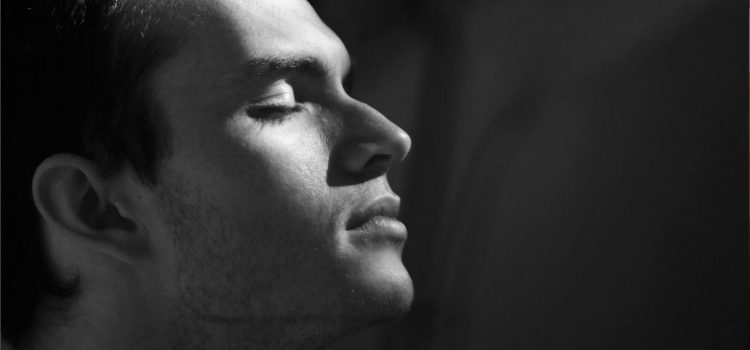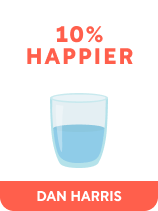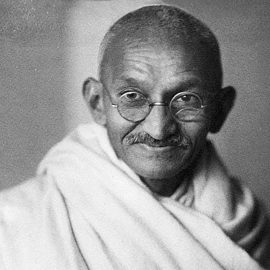

This article is an excerpt from the Shortform book guide to "10% Happier" by Dan Harris. Shortform has the world's best summaries and analyses of books you should be reading.
Like this article? Sign up for a free trial here .
What is the point of meditation? How can meditation be used as a tool?
In his book 10% Happier, Dan Harris believes that the main goal of meditation is mindfulness. In addition, meditation can have added benefits such as recognizing your ego,
Here is what self-help author Dan Harris had to say about meditation.
Understanding Meditation
During his journey to understand and apply principles of mindfulness, Harris realized that meditation was the actionable advice he was looking for. After overcoming his biases about meditation being only for yogis, Harris discovered that meditation was actually an advanced mental exercise with many benefits. Meditation gave Harris the tools he needed to address his ego and ease his excessive worrying at work. After fully committing to practicing meditation, Harris became a more mindful and compassionate person.
We’ve already explored mindfulness and how it can help a person control their emotional response to triggers. In this section, we’ll explore meditation as a form of mindfulness, as well as several lessons Harris learned from meditation, including how to respond well to stressors, how to worry productively, and how to be compassionate. Then, we’ll discuss Harris’s insights on how you can incorporate meditation into your own life.
Meditation as Mindfulness
What is the point of meditation? Well, if mindfulness is the goal, meditation is the tool needed to create it. Harris explains that meditation is a technique that helps you be mindful and focused on the present. The most common type of meditation teaches you to return your focus to your breath when your mind wanders, just as mindfulness teaches you to come back to the present moment when your ego and emotions try to distract you. By dedicating time to practicing mindfulness through meditation, you’ll eventually become more present in your everyday life. Harris relates it to exercising—by doing squats, you’ll gradually build your leg muscles. He believes that by meditating, you can slowly strengthen your “mindfulness muscles.”
According to Harris, meditation also teaches you to recognize when your ego—your internal voice—is talking. It allows you to step back and identify your thoughts as just thoughts. However, meditation isn’t about not thinking or completely clearing your head—it’s about realizing that you’re thinking. Harris explains that distractions are inevitable during meditation, even for experienced meditators, so don’t let this discourage you in your practice.
| Your Mind and Meditation At the time of the book’s publication, the scientific community was in the early stages of advanced research on meditation’s effects on the human brain. Now, there is much more scientific evidence of the cognitive changes that occur when you meditate. Because of the brain’s neuroplasticity (its ability to change or adapt), the more you practice or do something, the more you strengthen the pathways in your brain that allow you to do that action. This means that as you practice meditation, these neural pathways modify to make meditation easier. And according to a 2011 study, researchers found that regular meditation led to an increase in gray matter in the left hippocampus of the brain, which led to better learning, cognition, and memory. More recently, a 2018 study found that meditation stimulated changes in the amygdala of the brain, which regulates emotions and motivation. This may be why researchers found meditation to be beneficial for clinically depressed patients. |

———End of Preview———
Like what you just read? Read the rest of the world's best book summary and analysis of Dan Harris's "10% Happier" at Shortform .
Here's what you'll find in our full 10% Happier summary :
- A skeptic’s journey through the world of self-help
- How to control your anxiety, manage your ego, and become more compassionate
- How you can improve your life and career—even by just 10%






